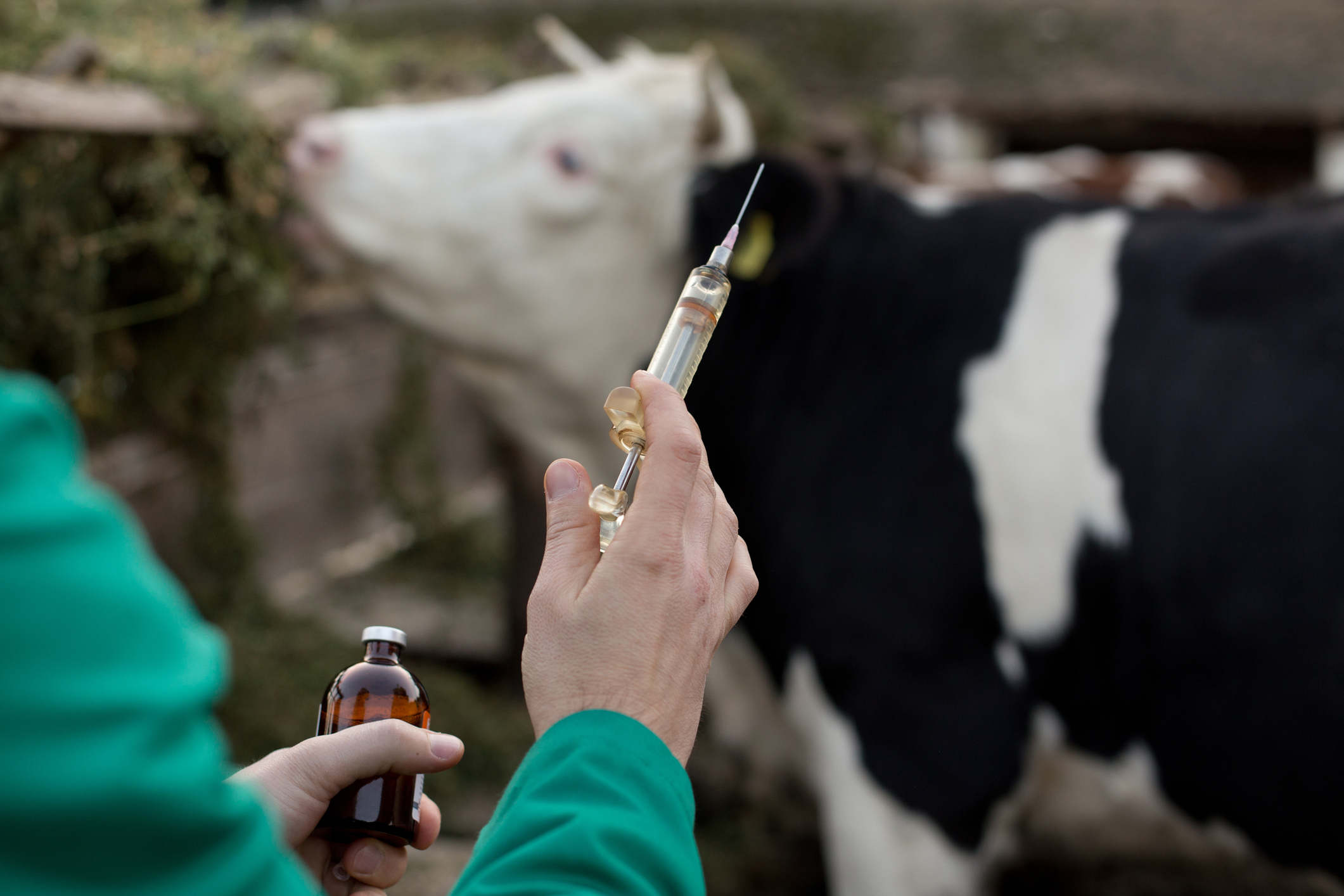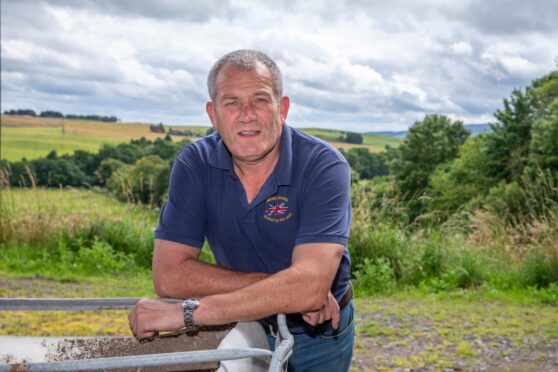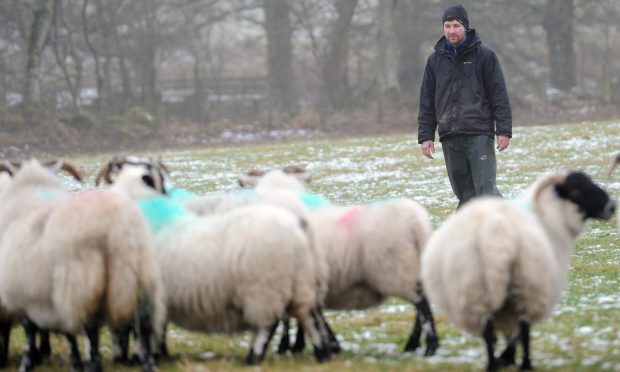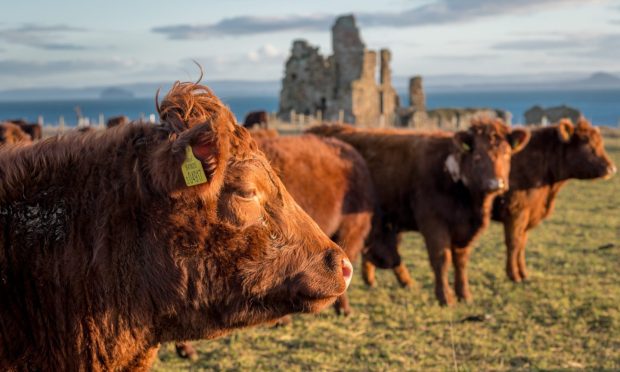A new vaccine which is effective at controlling E.coli 0157 – the cattle disease which can prove fatal in humans – has been developed by a team of Scottish scientists.
After a decade of collaboration, staff at the Moredun Institute, the Roslin Institute and Scotland’s Rural College have developed the vaccine which is capable of controlling E.coli 0157 in cattle under experimental conditions. It remains to be seen how it will perform in the field where various strains of the disease may be present.
The Moredun is now looking for commercial partners to exploit the vaccine but lead scientist, Dr Tom McNeilly acknowledges there will be debate over who should be responsible for paying for it.
“It will be a tough sell to get a company to take up the vaccine,” he said.
“There are no perceived issues with the bacteria causing any disease in the cattle populations, so it always comes down to who should pay to vaccinate cattle against a disease which doesn’t cause them any illness but can potentially cause illness in humans.
“In North America there have been two vaccines under special licence and one has been taken off the market because of poor sales, so in the cattle industry there, they’re unconvinced about the cost benefit of employing the vaccine.
“We’re hopeful our vaccine is more efficacious.”
It is understood the vaccine cost a few dollars in the U.S. and that was deemed too high. Scottish scientists are now looking at whether their E.coli 0157 vaccine could be incorporated into an existing vaccine for a disease such as BRD so there was no additional cost, but it could give manufacturers a marketing advantage.
E.coli 0157 is endemic in around 20% of Scottish cattle herds at any one time but does not appear to have any impact on health or productivity of animals. However people who are infected through direct contact with cattle faeces or indirect contact with contaminated water, food or the environment, can suffer severe diarrhoea and in some cases fatal renal failure as a result of toxins the bacteria produce.
In a programme of work funded by Food Standards Scotland, Moredun scientists are trying to understand why Scotland has a higher incidence of the disease than England, Wales and Northern Ireland.
Dr McNeilly said there was now a better understanding of the strains that are in circulation in cattle in the UK and which strains were more dangerous to humans than others.
He said: “We seem to have strains of bacteria in Scotland that are slightly different to those seen in the rest of the UK and these seem to be bacteria that shed at higher levels in cattle.
“There seems to be an association between strains that shed high levels from cattle and they seem to be the ones that cause more human infections. So the concept that all E.coli 0157 strains are the same is not the case. We know they vary quite a lot in their ability to shed between animals and they transmit at different rates between animals.”










